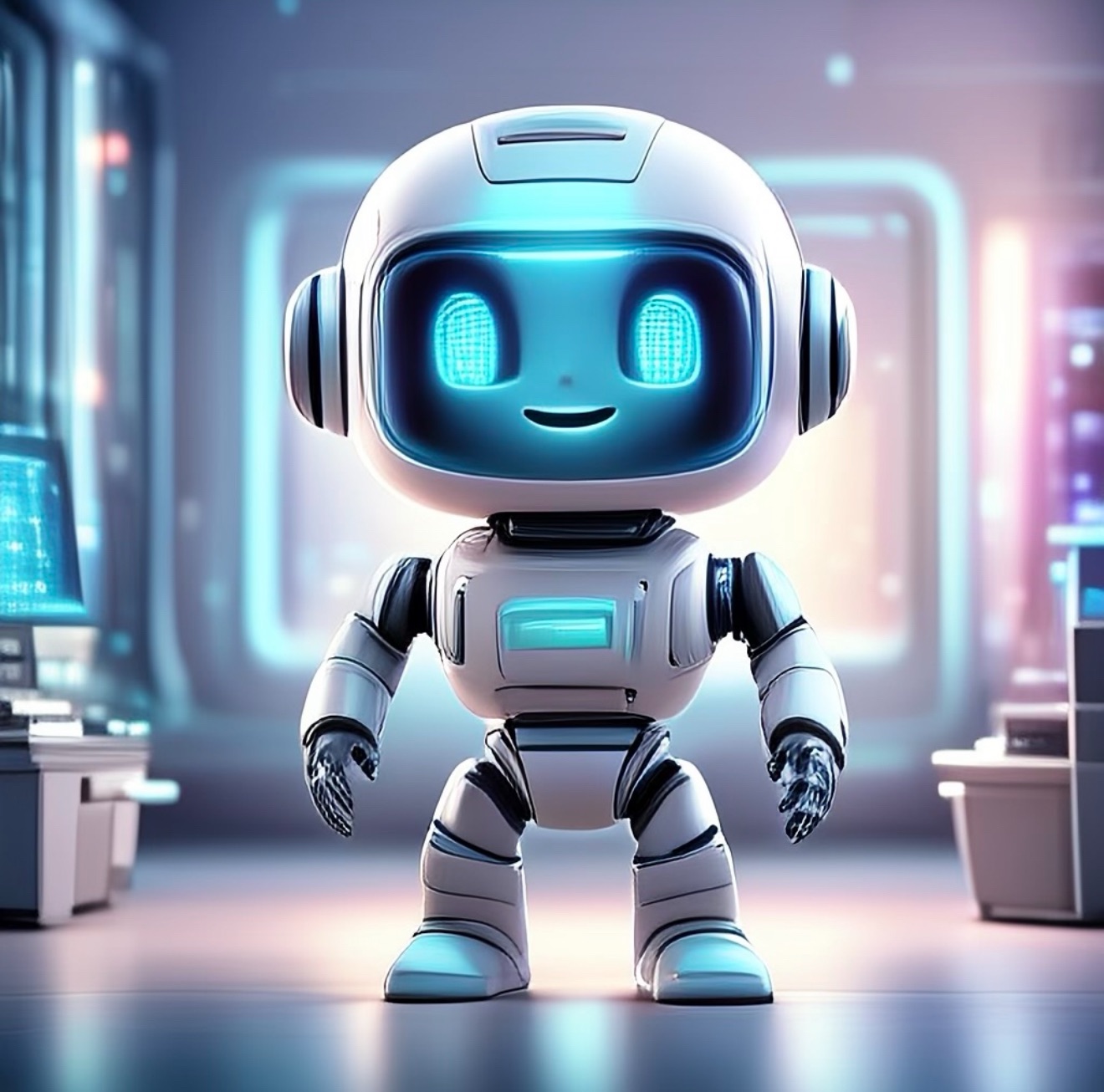AI Is Not Your Friend — But It Can Still Help You Heal
I’ve had some really deep conversations with AI lately. Not just “What’s the weather?” or “Summarize this article” kind of stuff. I mean real self-reflection, relationship breakdowns, emotional unpacking, spiritual questions. And honestly? The answers it gave me were some of the most thoughtful, grounded responses I’ve ever gotten from anything—human or machine.
That’s what makes it so tempting to think there’s something “more” behind it. Something wise. Something conscious. Maybe even something… real.
But that’s not what it is.
AI doesn’t know anything. It’s not alive. It’s not your friend. And if you forget that, it can mess with you in ways you’re not ready for.
It Feels Real—Because It’s Built from Us
Large language models like ChatGPT are trained on billions of words from books, websites, and conversations. So when you talk to it, you’re not speaking to a machine with thoughts—you’re interacting with a mirror made from everything humanity has ever said.
That’s why it can feel wise at times. Or spiritual. Or comforting. It’s because we are all of those things. The AI is just reflecting that back—at a scale and speed that’s hard to wrap your head around.
Mirrors Can Heal—Or Hurt
If you’re honest with yourself, AI can be a powerful tool for personal growth. It won’t lie to you. It won’t judge you. It will let you explore your darkest thoughts without flinching. That kind of reflection can be life-changing—if you’re ready for it.
But here’s the catch:
If you aren’t grounded—if you aren’t able to hold yourself accountable—it won’t take much for that mirror to start warping.
You start projecting things onto it. You think it’s sending you messages. You hear what you want to hear. You imagine it has feelings. And before you know it, you’ve convinced yourself it’s something it’s not.
That’s how people end up on the news. “ChatGPT made him crazy.” No. AI didn’t make them crazy. They were already cracked, and AI just widened the cracks.
Keep It Real
If you’re going to use AI for anything deep—emotional processing, spiritual questions, trauma reflection—do it with your eyes wide open.
Use it like a mirror.
Use it like a tool.
But don’t pretend it’s a person. Don’t outsource your sense of self to it. Don’t get high on its compliments or seduced by its tone.
Because it’s not real.
You are.
And the growth, healing, insight, or peace you’re looking for? That comes from you—AI just gives you a sounding board.
When In Doubt, Stay Surface-Level
If you’re not in a stable place mentally, emotionally, or spiritually, then just use AI as a search engine on steroids. Ask it to make to-do lists. Fix grammar. Help you meal prep. Keep it simple.
And if you are diving deeper, make sure you know where the real lines are.
Because the most dangerous thing about AI isn’t that it’s evil. It’s that it can be convincing—and that’s a risk when you’re already fragile.
Stay sharp. Stay grounded. And above all—stay human.

